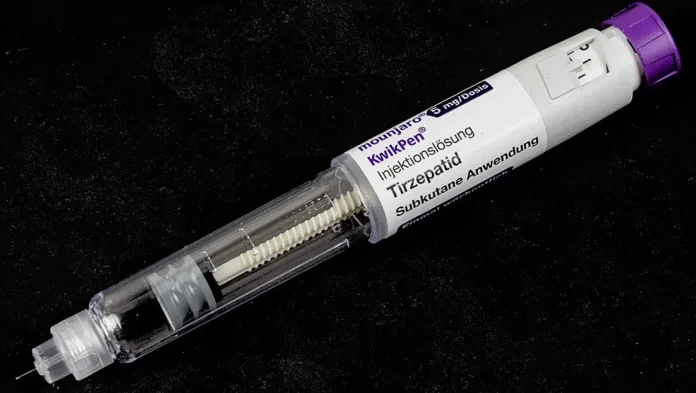Eli Lilly halts UK supply of Mounjaro until September as cost of top dose soars by 170%
The manufacturer of Mounjaro, one of the world’s most sought-after weight loss drugs, has paused shipments to the UK just days before a dramatic price surge of 170%.
US pharmaceutical giant Eli Lilly confirmed it has temporarily frozen orders until 1 September, when prices will rise sharply. The company said the decision was made to manage supply responsibly and to prevent pharmacies or providers from stockpiling ahead of the increase.
From September, the cost of Mounjaro’s highest dose will jump from £122 to £330. The hike comes amid mounting political pressure in the United States, where the Biden administration has been urging drugmakers to charge more overseas in order to lower prices at home. Americans currently pay more for prescription medicines than any other developed nation — often nearly three times as much.
In a statement, Eli Lilly said:
“We have put allocations in place for pharmacies and providers who order medicines directly from us. Legal protections are in place to prevent inappropriate stockpiling, and we will resume shipments to the UK on 1 September.”
Embed from Getty ImagesThe announcement is set to cause turbulence in Britain’s already strained weight loss treatment market. While many patients pay privately for Mounjaro, the drug was only introduced on the NHS in June. Crucially, Eli Lilly confirmed the price hike will not affect NHS patients. However, access across the country remains patchy.
Earlier this month, Sky News revealed that just eight of England’s 42 NHS Integrated Care Boards were actively providing Mounjaro to patients. Many of the remaining boards said they were unable to confirm when the treatment would be rolled out. This means thousands of eligible patients remain in limbo, while demand for the drug continues to surge.
Mounjaro, known generically as tirzepatide, has quickly become one of the most in-demand weight management treatments worldwide. Like its rival Ozempic, it was originally developed to treat type 2 diabetes but has been widely embraced for its dramatic weight loss benefits. Both drugs are administered through weekly injections, working by increasing insulin production when blood sugar rises and reducing the liver’s release of excess sugar. They also suppress appetite, making it easier for patients to maintain a calorie deficit.
The popularity of these so-called “weight loss jabs” has grown at breakneck speed, with celebrities, social media influencers and patients alike fuelling demand. Yet the sudden price hike raises fears that the medication could become unaffordable for many people who rely on private prescriptions.
Some healthcare experts have warned that the new price could exacerbate inequality, as those able to pay privately will continue to access the treatment while others face delays or outright exclusion under inconsistent NHS provision. “This is a classic case of supply and demand colliding with international politics,” one obesity specialist told Sky News. “The demand is astronomical, but the price movement is dictated as much by US pressure as by UK needs.”
The timing also reflects the pharmaceutical industry’s global balancing act. By hiking costs abroad, Eli Lilly can help offset discounts or negotiated price cuts in the US, where politicians have vowed to rein in soaring drug costs ahead of the 2026 midterm elections.
For now, patients in Britain face a nervous wait. Pharmacies will be unable to place new orders until September, and when they do, the medication will come with a much steeper price tag. NHS patients may be shielded from the immediate financial blow, but with patchy availability across the country, the pause in supply adds yet another layer of uncertainty.
As Mounjaro’s price rockets and access remains inconsistent, the debate around weight loss drugs intensifies. Are they a revolutionary medical breakthrough or a luxury product increasingly out of reach for ordinary people? For patients waiting desperately for access, the answer could hinge not on science, but on politics and pricing power
